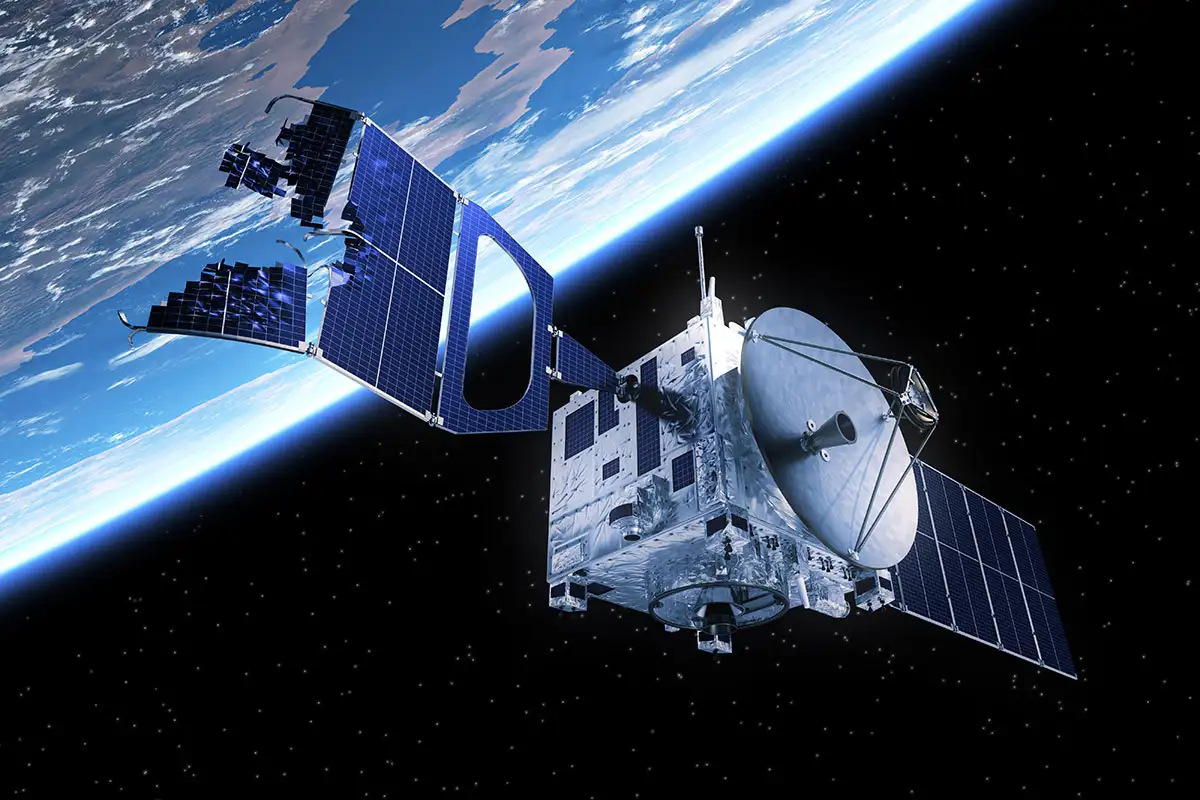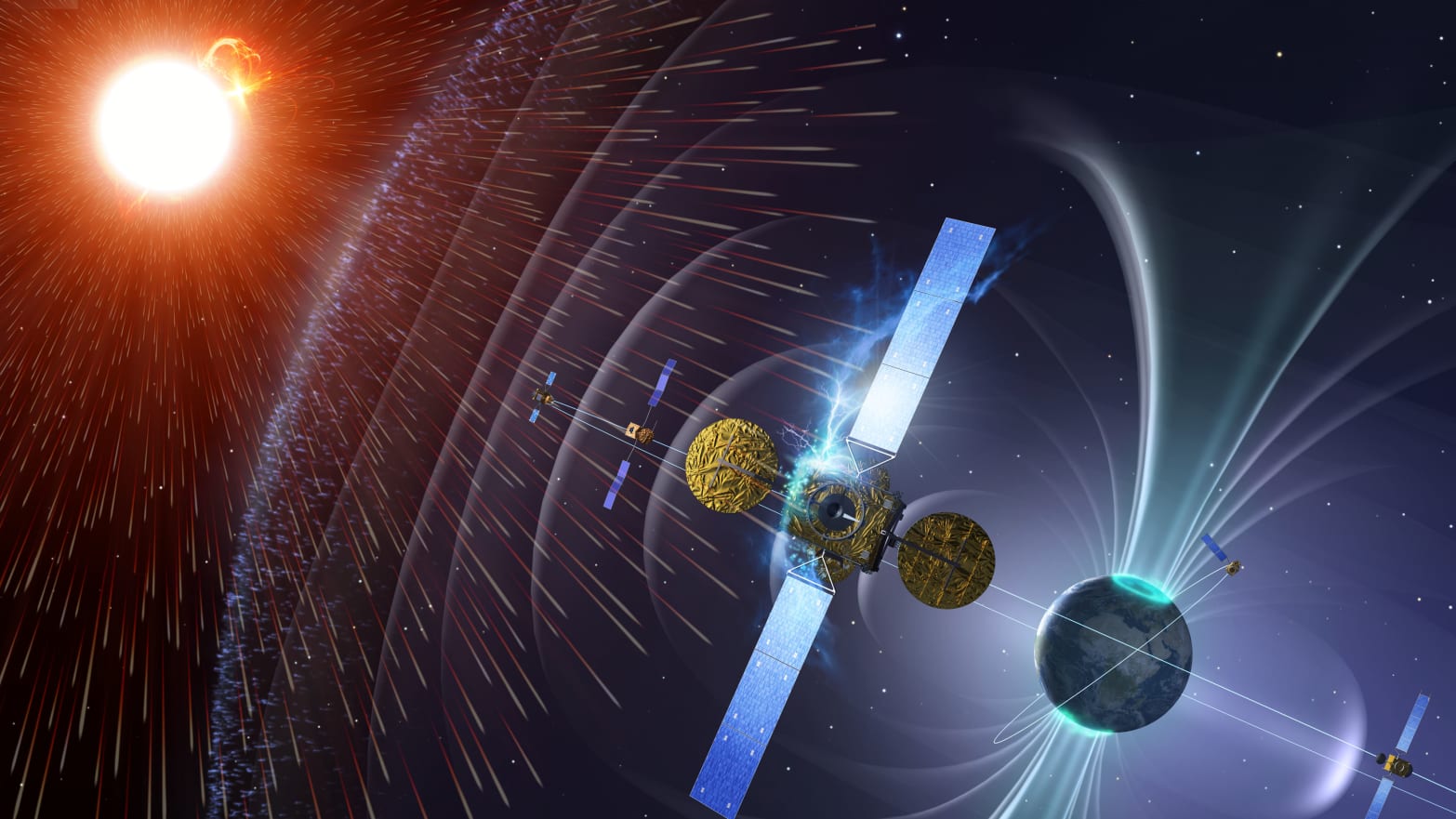Satellites are artificial objects placed in orbit around Earth or another celestial body. They serve a variety of purposes, from communication and navigation to scientific research.
Types of Satellites
- Communication Satellites: These satellites are used to relay communication signals, such as telephone calls, television broadcasts, and internet data.
- Navigation Satellites: These satellites are used for navigation systems like GPS, which help us determine our location on Earth.
- Weather Satellites: These satellites monitor Earth’s weather patterns and help forecast storms.
- Earth Observation Satellites: These satellites observe Earth from space, providing valuable data for scientific research and environmental monitoring.
- Scientific Research Satellites: These satellites are designed to study specific phenomena in space, such as the Sun, planets, and stars.
Orbits
Satellites can orbit Earth at different altitudes and inclinations. Some satellites orbit in low Earth orbit (LEO), which is closer to Earth and provides high-resolution images. Others orbit in geosynchronous orbit, which means they remain stationary above a fixed point on Earth.
Benefits of Satellites
Satellites have revolutionized the way we communicate, navigate, and understand our planet. They have many benefits, including:
- Improved Communication: Satellites have enabled global communication, connecting people from all over the world.
- Accurate Navigation: GPS satellites provide precise location information for navigation, transportation, and other applications.
- Weather Forecasting: Weather satellites provide vital data for predicting storms and other weather events.
- Scientific Research: Satellites have made significant contributions to our understanding of the Earth, the solar system, and the universe.
Challenges of Satellite Technology
- Cost: Launching and operating satellites can be expensive.
- Space Debris: The increasing amount of space debris in orbit poses a risk to satellites and can interfere with their operations.
- Technological Limitations: Advances in satellite technology are necessary to meet the growing demands for communication, navigation, and other applications.
Satellites are essential tools for modern society, providing us with a variety of benefits. As technology continues to advance, we can expect to see even more innovative and powerful satellite systems in the future.



